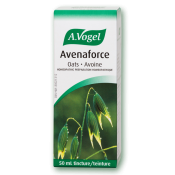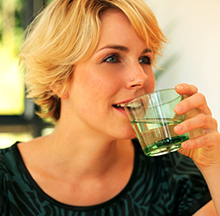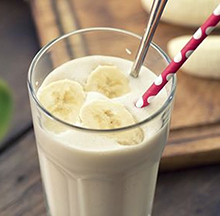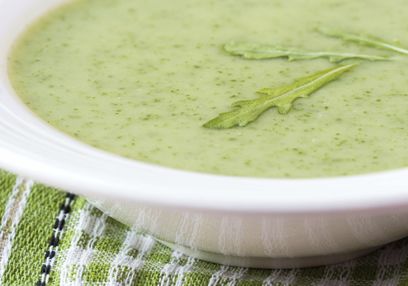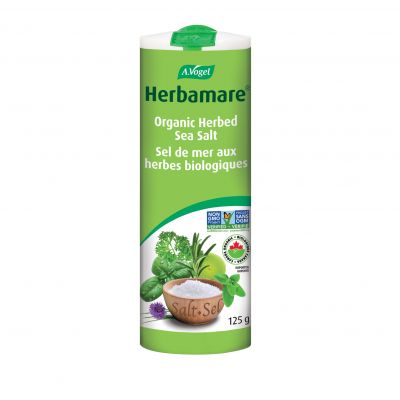Technology - the good and the not so good
Electricity and technology have allowed us to defy the rhythms of the natural world. As a species with access to modern conveniences, we really don't have to move much to survive. Most everything is available at the touch of a few keys. Our sleep patterns, food choices, social interaction, and movement would be baffling to anyone who left us even a few decades ago.
Technology has enabled connectivity, learning, and virtually unlimited access to information. But it has also cut us off from our senses as we sit glued to screens, disconnected from the world around us and our bodies. As I write these words, I notice a mother pushing her son in a stroller, where instead of watching the world go by - as kids have done for millennia - his attention is fixated on an iPad. We live in a society that is afraid of being replaced by robots yet as we evolve with technology our behavior is becoming more robotic like.
And now we sit!
Americans spend 93% of their lives inside and 70% of their days sitting.1 I was unable to find equivalent Candian Statistics but my guess is that we are not find the U.S. Think about it, how much of your day do you spend behind windows, sitting in a chair, a car seat, on a couch etc.? The hours add up quickly, particularly during the dark winter months.
The World Health Organization (WHO) tells us that this lack of activity is responsible for 3.2 million deaths per year2 (this number is greater than the population of Toronto - Canada's largest city). Despite that number’s magnitude it still seems quite low as many diseases are linked to a lack of movement. This includes but is not limited to heart disease, diabetes, poor blood circulation, loss of muscle and bone strength, depression and obesity.
If you are sitting for most of your waking hours, your body is usually locked into one position. Lack of movement equals stagnation and stagnation is where disease festers. No wonder the new catchphrase "sitting is the new smoking" has become popular.
Movement is about more than weight loss
Here are other things that happen when you move. Movement can:
- encourage life within the body and increases energy. When you stop and pay attention, you can feel your breath, blood pumping, minute pulsing, heat, coolness… Active movement helps maintain these intricate systems. Systems that deliver oxygen and nutrients to every cell in your body. And push wash and toxins out.
- Improve your digestion and metabolism.3
- Enhance mood. It balances the center for making biochemicals that influence mood and emotions. Modern day science informs us that moderate exercise makes depression and bad moods much less likely.4
- Help you sleep better.
Getting a move on
Low energy, low mood, and stress can be byproducts of not moving, so it might be hard to get started. Start small and be patient.
Some ideas
Maybe…
- park your car a bit further than usual, ride your bike or take public transit to work;
- get a dog;
- use the stairs instead of the elevator;
- see if your company is open to walking meetings;
- get out of your chair on the hour (or half hour) to stretch for one minute;
- use an adjustable stand-up desk and gradually start to stand throughout your work day;
- mow your lawn, weed and/or shovel snow (after obtaining your doctor’s permission).
The improved blood flow will give you energy, make you more productive at work and less tired overall.
September is the perfect time to start something new. Kids are back at school and vacation is over for most. Instead of sitting in traffic before or after work, think of joining a yoga, spin or run club nearby. The Running Room (Coin des Coureurs) and Lululemon have locations across the country and offer free meetups for those wanting to get active.
Our bodies have an inherent wisdom, when you don’t heed the warning signs, the unease that may have started as stress or anxiety may lodge itself deeper into your body. For this reason, I encourage you to take a step back to determine what small change(s) you can make to improve your health.
Additional support
A. Vogel has a few products that might help you get back on track if stress and/or anxiety are constant companions:
Avenaforce reinforces the nervous system, it is both relaxing and stimulating. It is made from fresh flowering Avena Sativa (oats).
Deep Sleep helps to decrease sleep onset time and improves the quality of sleep. According to clinical it improved sleep by up to 25%.
Passion Flower treats: nervousness, restlessness, agitation, and irritability. It is also a natural recommended for insomnia.
Valerian is a natural herbal sedative. It allows one to reach mental calmness and a deeply relaxed state when stress levels are high.
Remember the priority is to address lifestyle and to introduce movement and exercise on a daily basis. The products might provide relief from the symptoms but they are not treating the cause. Get outside, enjoy the sun on your skin and the blood pumping through your limbs. It’s your birth right.
Be well!
References
1 & 2 www. draxe.com/sedentary-lifestyle/
3 & 4 Pitchford, Paul (2002). Metal Element: Autumn. In Healing with Whole Foods, Asian Traditions and Modern Nutrition (pp 346-347, 352-353 ). North Atlantic Books: Berkeley, California. Print.


